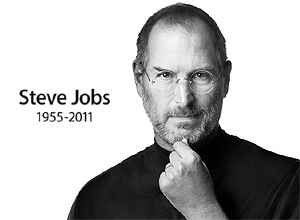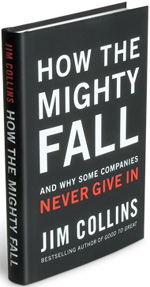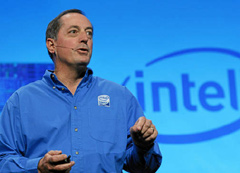 by Chris Banescu –
by Chris Banescu –
As the world mourns the passing away of Steven P. Jobs, the visionary entrepreneur and creative genius behind Apple, it’s important to remember some timeless insights and essential lessons for life that he talked about. I was reminded of the maturity and wisdom of his message while watching a video of an inspiring and thoughtful Commencement address he delivered to the Stanford University graduating class on June 12, 2005. There are several notable comments and sage advice I highlight below. They have helped and reassured me, I hope they will help you also.
Steve Jobs on the importance of dealing with hardships, finding work that you are passionate about, loving what you do, and following your vocation:
“I’m pretty sure none of this would have happened if I hadn’t been fired from Apple. It was awful tasting medicine, but I guess the patient needed it. Sometimes life hits you in the head with a brick. Don’t lose faith. I’m convinced that the only thing that kept me going was that I loved what I did. You’ve got to find what you love. And that is as true for your work as it is for your lovers.
Your work is going to fill a large part of your life, and the only way to be truly satisfied is to do what you believe is great work. And the only way to do great work is to love what you do. If you haven’t found it yet, keep looking. Don’t settle. As with all matters of the heart, you’ll know when you find it. And, like any great relationship, it just gets better and better as the years roll on. So keep looking until you find it. Don’t settle.”

 It is often in times of crisis and life-threatening emergencies that the real character of an individual is made manifest. The contrasts between the leadership of an American airline captain and that of our current president offer us an opportunity for personal and societal reflection. The differences could not be more striking.
It is often in times of crisis and life-threatening emergencies that the real character of an individual is made manifest. The contrasts between the leadership of an American airline captain and that of our current president offer us an opportunity for personal and societal reflection. The differences could not be more striking. by Michael Hyatt –
by Michael Hyatt –


